Episode 31: Floyd Romesberg | Expanding DNA's Alphabet (by half!) | Click to Listen
You can subscribe to this podcast from any podcast player by typing "After On" in the search window. If you're on an iPhone and use Apple's podcast software, just click here, If you're on a computer, click on that same link – then click the blue “View on iTunes” button (under the After On image on the left side of the page), then click “Subscribe” (in similar location) in the iTunes window.
After On Podcast #31: Expanding DNA's Ancxient Library
For billions of years, all life on Earth - in all of its mad diversity - has been encoded in the four-letter alphabet of DNA. A,T,G&C - that’s all it takes. Bacteria, wasps, polar bears, ragweed, octopuses palm trees … Four letters is all it takes to enable the full range of life we share our planet with. To transmit the blueprints of beings and species across generations. And to write how-to guides for each of the billions of chemical reactions that occur in each of your trillions of cells, every minute.
This was true for the dinosaurs. It was true for the earliest bacterium. It was indeed true for every critter we’re aware of, going clear back to the common ancestor of all Earthly life. All living beings operated from that four-letter alphabet. Until just a few years ago. When Floyd added two new letters to it.
Floyd Romesberg
Floyd and I get deep into his research, the science behind it, and the amazing things work like his could one day enable. If you can’t tell a nucleotide from an amino acid, or DNA from tRNA, fear not – we have you covered in this conversation. No prior knowledge is assumed, and all essential terms are plainly defined on a just-in-time basis.
Also – just as important – please don’t worry if cellular biology is your full-time job (like, if you’re a ribosome, or something). We cover those basics for the non-experts in just two brief stretches, which are maybe six minutes long combined. And I’ll warn you as we enter those sections, so experts can skip ahead if they like.

